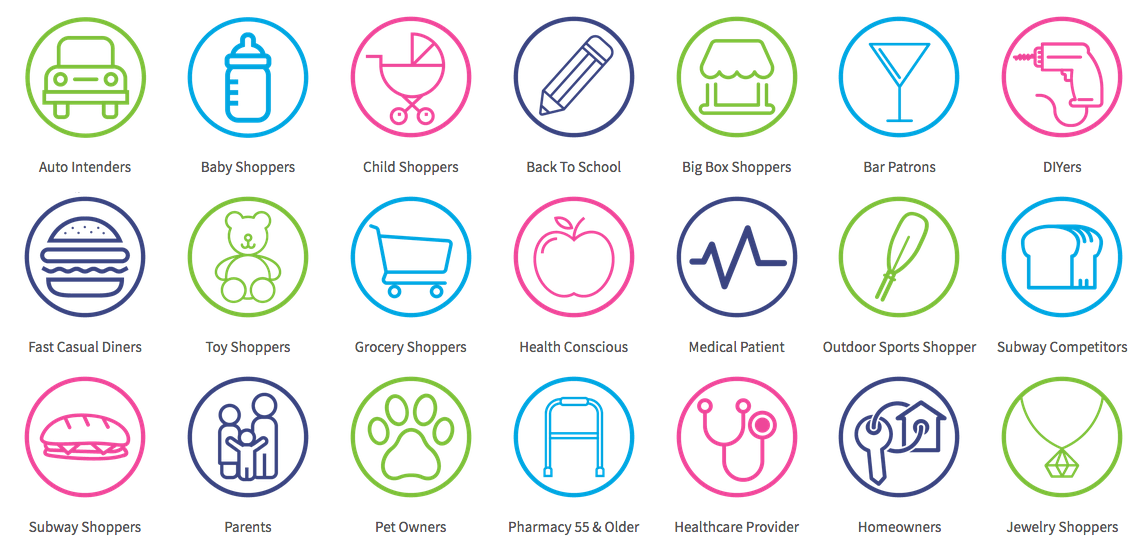Location data company inMarket offers ‘Audiences’ for programmatic marketplace
Rather than becoming a commodity, the company argues media buyers are increasingly looking for premium sources of location data.

Joining a growing list of location intelligence companies to decouple media buying and data licensing, inMarket announced yesterday that it has opened up its first-party data trove to the programmatic marketplace with a new offering called “inMarket Audiences.” Recently, GroundTruth, PlaceIQ, UberMedia and NinthDecimal have made some version of this move.
Various studies have shown that location data circulating in the programmatic ecosystem is often highly inaccurate or worse. Accuracy matters both for audience segmentation and especially for offline attribution — did someone visit the business after being exposed to the campaign? Placing an individual in the wrong location means blowing the attribution (false negative).
In dense urban environments (e.g., downtowns, shopping districts, malls) disambiguating location is critical. Are they in the retail store or the laundromat next door? Are they in the Starbucks or the McDonald’s location nearby?

InMarket’s location data come from multiple sources: GPS, WiFi and what it calls “the world’s largest beacon platform.” Cameron Peebles, inMarket CMO, said its “waterfall” data structure enables inMarket (and now third parties accessing the data) to see customer movements between locations to reveal the full customer — and competitive — journey.
Wading into the first-party vs. third-party location data debate, Peebles argued that “always-on” is better than “point in time” data (from the bidstream). He said inMarket’s data set and verification methods have been developed and refined over a seven-year period. “There are no false negatives or positives,” he asserted. “Our focus has always been about building the most precise location engine possible.”
Peebles is firmly in the first-party data camp. The company has 50+ million users who’ve opted in to share location. And while he contends there might be “some value” in location from the bidstream, he argues you don’t know its age or quality. Accordingly, Peebles said it’s almost worthless for attribution purposes.
I posed the question about whether location data was becoming “a commodity,” with so many companies seemingly offering it and making similar accuracy claims. Peebles said that the opposite was actually happening.
“Mature buyers and customers are increasingly looking for premium data sources,” he said.
Contributing authors are invited to create content for MarTech and are chosen for their expertise and contribution to the martech community. Our contributors work under the oversight of the editorial staff and contributions are checked for quality and relevance to our readers. MarTech is owned by Semrush. Contributor was not asked to make any direct or indirect mentions of Semrush. The opinions they express are their own.
Related stories
New on MarTech